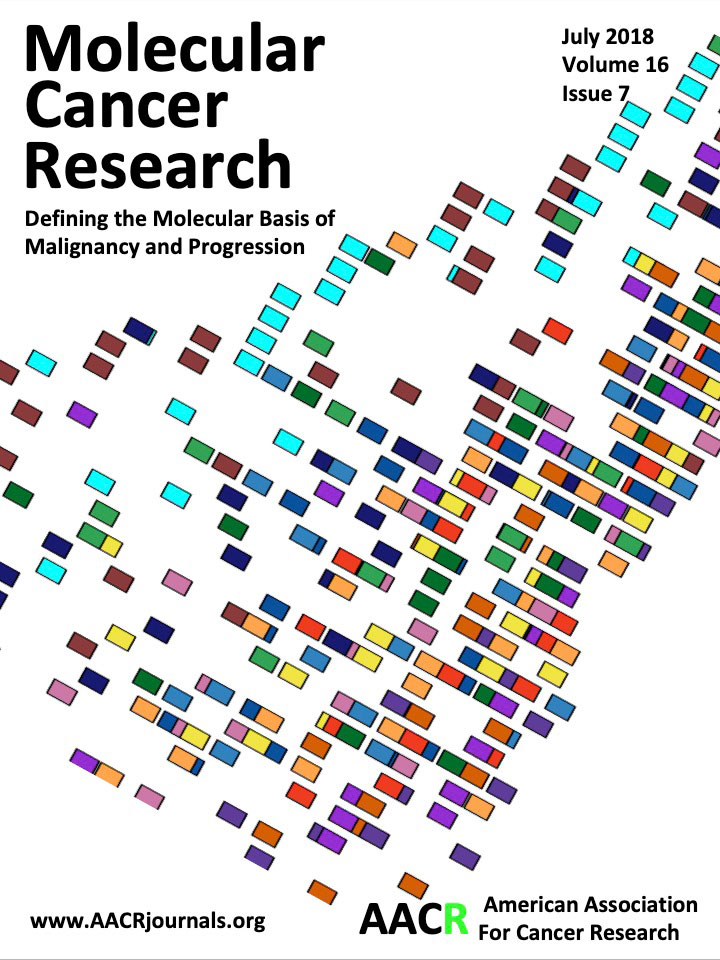Cancer genomics has highlighted the prevalence of sequence variants of unknown significance. In our publication we hypothesized that a fraction of these mutations may reflect RNA-related selection processes, thereby impacting RNA metabolism and contributing to oncogenic processes. Analyzing whole genome sequencing data from multiple cancers we uncovered frequent mutations in binding sites for RNA binding proteins and splicing regulators. Furthermore, using RNA sequencing from the same samples validated a change in RNA processing in association to these mutations. We described new alterations in cancer that impact RNA processing and proposed a systematic method for the interpretation of noncoding variants in cancer genomes.
Reference
